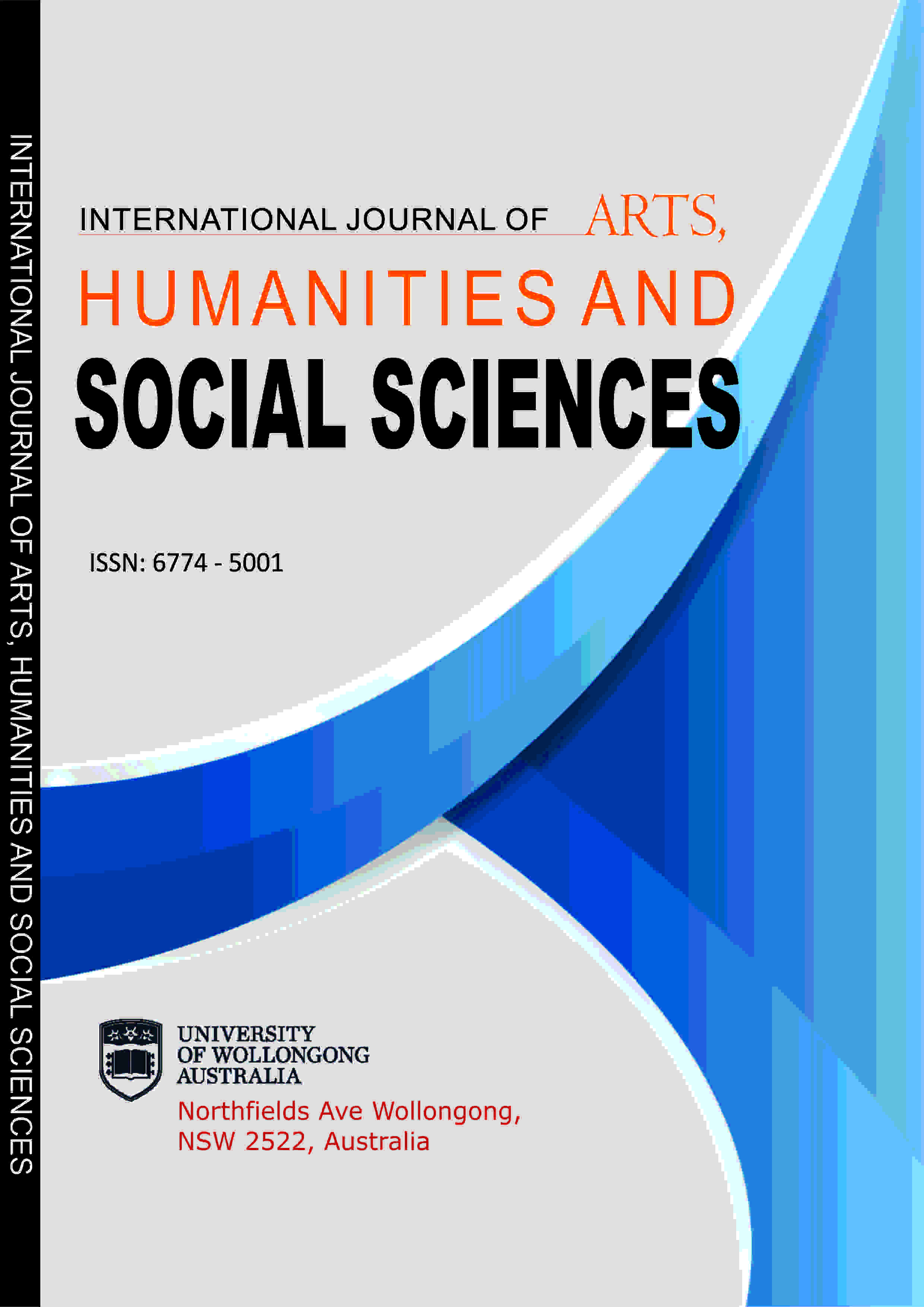INTERNATIONAL JOURNAL OF ARTS, HUMANITIES AND SOCIAL SCIENCES (IJAHSS)
CULTURE MIXING IN CHINUA ACHEBE’S THINGS FALL APART, CHIMAMANDA NGOZI ADICHIE’S PURPLE HIBISCUS AND SEFI ATTA’S EVERYTHING GOOD WILL COME
E-ISSN: 2579-048X
P-ISSN: 6774-5001
DOI: https://iigdpublishers.com/article/579
This paper aims at showing the effects of culture mixing in Chinua Achebe’s Things Fall Apart, Chimamanda Ngozi Adichie’s Purple Hibiscus and Sefi Atta’s Everything Good Will Come. By way of the postcolonialism theory and close reading of these novels, the result is that, culture mixing has both positive and negative effects. In Things Fall Apart, Umuofian people under colonial rule have different ways of reacting to the societal change and control; some embrace it, others do not. People mimic what they believe a faithful Catholic is like. There is a case of a woman whose ambivalent efforts led her to become a man. Hybrid characters are more or less affected by the colonizer’s ways and rules. In Purple Hibiscus code-mixing is very common in the speeches of semiliterate characters. They often code-mix to reflect the realities of the use of English in Nigeria, and preserve the culture and tradition of the Igbos.
Anicet Odilon Matongo Nkouka
Achebe, C. (1966). A Man of the People. London: Heinemann.
Achebe, C. (1958). Things Fall Apart. London: Penguin.
Achebe, C. (1976). Morning Yet On Creation Day. New York: Anchor Books.
Adesanmi, P. (2007). “Africa, India and the Postcolonial: Notes towards a Praxis of Infliction”. The Postcolonial Lamp: Essays in Honour of Dan Izevbaye. Eds. Aderemi Raji-Oyelade & Oyeniyi Okunoye. Ibadan: Bookcraft. pp. 35-56.
Adichie, C. N. (2003) Purple Hibiscus. Chapel Hill: Algongquin Books.
